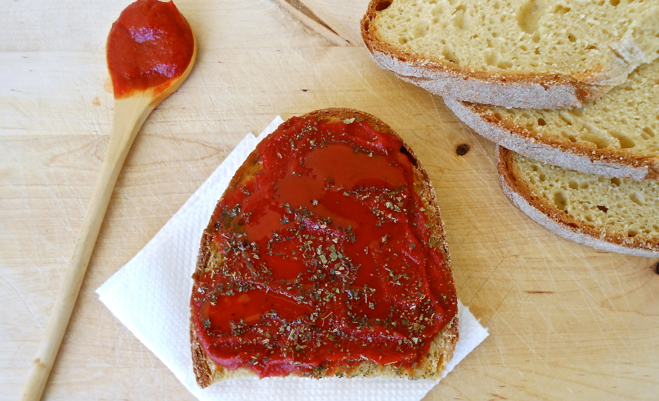
Can tomatoes lower high blood pressure?
Can eating tomatoes really help lower high blood pressure? Some studies say yes! Keep reading to learn more about the ways in which canned tomatoes have a profound effect on health.
Commonly known as high blood pressure, hypertension is a major risk factor for chronic disease such as heart attack, heart failure, peripheral arterial disease, aortic aneurysm, and chronic kidney disease [1]. Additionally, hypertension is associated with diabetes and high cholesterol, as research shows that hypertension is correlated with oxidative stress [1]. When antioxidants are used in the body, the damage of oxidative stress is lessened.
So how do antioxidants reduce hypertension? It all starts in our endothelial cells (the cells that line our blood vessels). For our blood vessels to relax, these cells secrete a substance called nitric oxide [1]. Unfortunately, harmful compounds called free radicals can attack the nitric oxide and destroy it [1]. Many chronic diseases can occur when there is an imbalance in free radicals and antioxidants. Antioxidants can remove the free radicals and stop more harmful oxidation reactions from occurring.
Studies have found, that while antioxidants can have a positive effect on hypertension, it is only seen when the antioxidants come from diets high in fruits and vegetables, but not from antioxidant supplements. It’s theorized that this is because fruits and vegetables contain a wide variety of antioxidants that work together and create a powerful chain of antioxidants [1]. That’s why we love canned tomatoes! They are rich in antioxidants, and contain lycopene in addition to other phytochemicals (like beta carotene) that can work together to prevent disease.
So, go ahead and boost your health with canned tomato products! They are shelf stable, easy to use, and contain a more bioactive form of lycopene compared to fresh tomatoes. What’s not to love?
Learn more about the benefits of lycopene with these resources:
Lycopene and Canned Tomatoes May Help with Cancer Prevention
Health Connection Between Tomatoes and Lycopene
What is Lycopene?
References:
- Baradaran, A., Nasri, H., & Rafieian-Kopaei, M. (2014). Oxidative stress and hypertension: Possibility of hypertension therapy with antioxidants. Journal of Research in Medical Science, 19(4). Retrieved November 15, 2021, from https://www.ncbi.nlm.nih.gov/pmc/articles/PMC4115353/.



Recent Comments